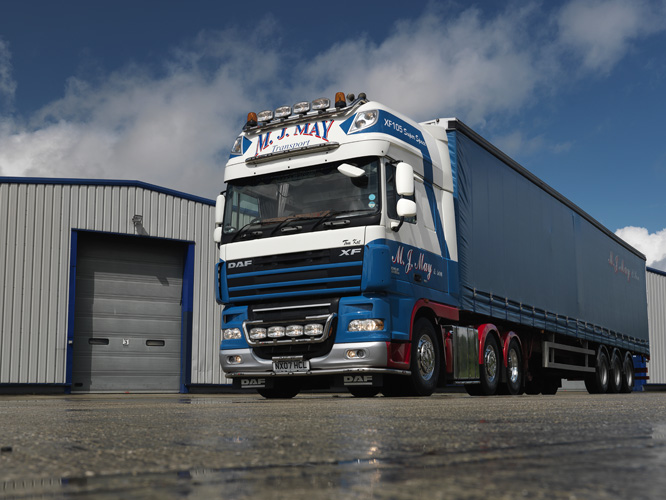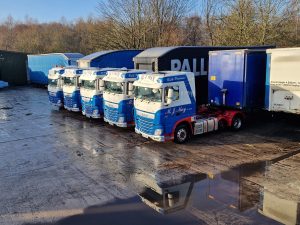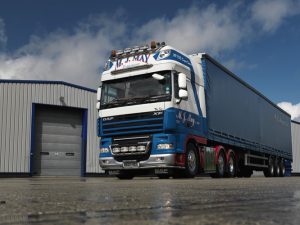The haulage and logistics industry, the backbone of global trade, is facing an uphill battle against a relentless foe: rising fuel costs. As the price of diesel and petrol continues its volatile dance, haulage companies are scrambling to adapt, innovate, and ultimately, survive.
The Costly Consequences of Unstable Fuel Prices
For haulage firms, fuel isn’t just an expense – it’s the lifeblood of their operations. Every fluctuation in price ripples through their entire business model:
- Profit Margins Squeezed: Fuel often represents the single largest operating cost for hauliers. Unexpected price hikes can quickly erode profit margins, forcing difficult decisions about pricing and service offerings.
- Unpredictable Budgeting: Long-term financial planning becomes a guessing game when fuel prices are a moving target. This uncertainty can hinder investment and growth.
- Ripple Effect on Consumers: Increased fuel costs inevitably get passed down the supply chain. This means higher prices for goods and services, fueling inflation and impacting consumers’ wallets.
The Industry’s Response: Adapting to a Fuel-Fueled Challenge
Haulage companies are not taking this crisis lying down. Here’s how they’re fighting back:
- Fuel Surcharges: Many companies are implementing fuel surcharges, a variable fee that adjusts based on current fuel prices. While this helps offset some costs, it can lead to customer friction and create pricing complexity.
- Fuel Efficiency Focus: Hauliers are doubling down on fuel-efficient practices. This includes:
- Optimised Routing: Utilising advanced software to plan the most efficient routes, minimising mileage and fuel consumption.
- Driver Training: Educating drivers on fuel-saving techniques like smooth acceleration, optimal cruising speed, and reduced idling.
- Aerodynamic Upgrades: Investing in aerodynamic modifications to trucks to reduce drag and improve fuel efficiency.
- Embracing Alternative Fuels: The transition to alternative fuels like electricity, hydrogen, and biofuels is gaining momentum. While still in its early stages, this shift holds the promise of reduced emissions and greater fuel price stability.
- Investing in Technology: Cutting-edge technologies like telematics are helping hauliers track fuel consumption, identify inefficiencies, and optimise fleet performance.
The Road Ahead: Navigating a Shifting Landscape
The future of the haulage industry is intertwined with the future of fuel. While the challenges are undeniable, the industry’s resilience and innovative spirit are cause for optimism.
- Government Intervention: Policymakers are being urged to support the transition to cleaner fuels and provide incentives for fuel-efficient practices.
- Industry Collaboration: Haulage companies are working together to share best practices and advocate for solutions that benefit the entire industry.
- Technological Innovation: Ongoing research and development in alternative fuels and fuel-saving technologies offer a glimmer of hope for a more sustainable and cost-effective future.
In Conclusion
The rising fuel cost crisis is testing the mettle of the haulage industry. But as they navigate this challenging terrain, hauliers are proving that they are more than just transporters of goods – they are innovators, problem solvers, and essential contributors to the global economy.





